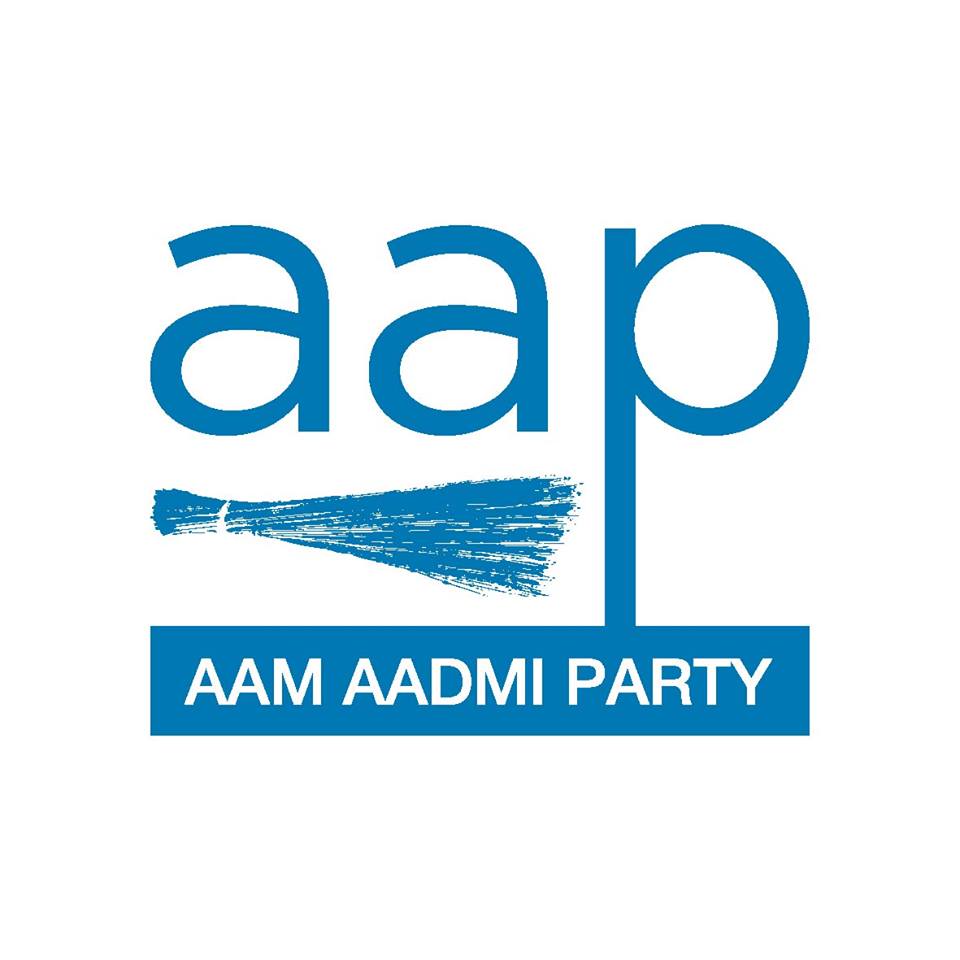OFFICE OF THE CHIEF MINISTER
GOVERNMENT OF NCT OF DELHI
New Delhi: 12/09/2019
CM meets leading environmental experts for Winter Air Pollution action plan
· Experts say Delhi’s odd-even policy had impact and recommend pollution masks in winter months
· Experts also recommend long term measures to combat air pollution
Chief Minister Mr Arvind Kejriwal on Thursday met leading experts in the field of environment and sustainability for suggestions on making a strong Winter Air Pollution Action Plan for Delhi.
The experts supported the efficacy of odd-even policy in Delhi as well as the use of pollution masks as effective short-term pollution mitigation measures that can be taken by the Delhi Government.
Dr Ken Lee, the Executive Director of EPIC (Energy Policy Institute at the University of Chicago), India, in the meeting with Hon’ble CM presented research and data on the impact of first Odd-Even Policy experiment of Delhi Government in January 2016. “The January 2016 odd-even pilot reduced particulate air pollution concentrations by 14 to 16%. However, due to the possibility of compliance issues over the long-run, it is perhaps best suited as an emergency measure during the winter, when vehicle emissions are especially problematic”, said Dr Lee.
Support for Delhi Government’s Odd-Even policy also came in fromMr OP Agarwal, CEO, WRI (World Resources Institute) India who said, “In the short term, the Delhi Government should look into measures to restrict indiscriminatory use of private automobiles in the city, such as odd even scheme. The Government simultaneously focus on augmenting public transport in the long term.”
Experts also recommended that while the various long-term measures take time to come into effect, the use of pollution masks could be beneficial as an effective risk mitigation measure. In a study done by EPIC India across 3,500 slum residents of Delhi in winter of 2018, it was found that the take-up of masks was the highest when it was distributed for free. “Certain types of pollution masks (N90 or N95 masks, for example) can be effective in reducing individual exposure to outdoor air pollution. Our ongoing research, however, suggests that widespread adoption is limited by the lack of information about the harmful effects of air pollution, as well as social concerns or norms that discourage usage,” said Dr Lee.
WRI India also recommended government support for wider dissemination of pollution masks as a risk mitigation measure in the winter months, especially for vulnerable groups such as school children.
Apart from the short-term interventions of odd-even policy and wider distribution of pollution masks, the experts also recommended that Delhi government should continue its focus on long-term measures to reduce air pollution like Electric Vehicle policy, Bus Aggregator Policy, reforms of Pollution Under Control Centres (PUCC) etc.


1 Comment